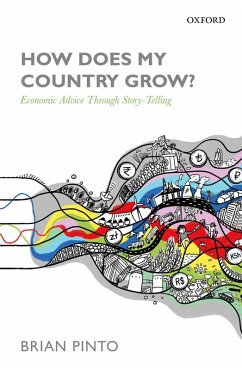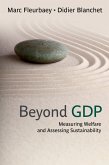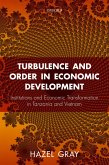Written by a former World Bank economist, How Does My Country Grow? distils growth policy lessons from the author's first-hand experience in Poland, Kenya, India, and Russia, and his contributions to the economic policy debates that followed the emerging market crises of 1997 to 2001, extending up to the global financial crisis of 2008-09. Based on living and working in the field, the author argues that country economic analysis is in effect a separate, integrative branch of economics that draws upon but is distinct from academic economics. The country stories recounted, reinforced by the emerging market experience since the 1980s, point to a canonical growth policy package built around three interconnected elements: the intertemporal budget constraint of the government; the micropolicy trio of hard budgets, competition and competitive real exchange rates; and managing volatility from external, but especially domestic, sources. This package is underpinned by good governance, which finds its most immediate expression in the management of the public finances. While the discussion is tilted towards developing countries, the insights have considerable relevance for advanced economies, many of which today are in the throes of their own growth-cum-sovereign debt crises.
Dieser Download kann aus rechtlichen Gründen nur mit Rechnungsadresse in A, B, BG, CY, CZ, D, DK, EW, E, FIN, F, GR, HR, H, IRL, I, LT, L, LR, M, NL, PL, P, R, S, SLO, SK ausgeliefert werden.









